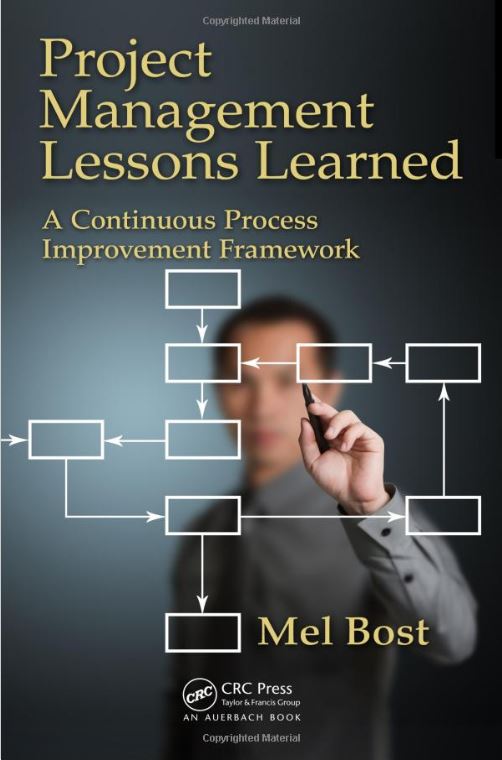At some time, every project manager, from those in the sand box to those in multi-million-dollar projects, has asked the question “Where are the resources to finish this project?” It is inevitable in our lives that something causes our projects to run short just when the end is in sight. Call it poor planning or poor management, things happen.
When this happens in large organizations, we typically look around for another project that is doing well to borrow from to alleviate our dilemma. How this is handled is usually a matter of how the organization divides its resources and allocates its funds.
But is that the first course of action real project managers should take?
My answer is no. It may be “pie in the sky” to look at the situation this way, but every project manager should look internally first to find the solution.
And of course, you are going to say “Get real. Money doesn’t grow on trees.”
Louis Tice, leadership guru and founder of The Pacific Institute taught his followers that the energy to find the resources that aren’t there is internal to each person who seeks it. He taught us to develop bold plans for what we wanted to “create,” and then turn them over to our “subconscious and our minds” to act as skilled architect and find the funds to deliver what we planned.
In his leadership programs, Louis Tice gave an example from his experience. It seems that one year, close to the end of the school year, Lou’s children were acting particularly lackluster. At that point in his career, Lou was a high school teacher. He asked what the problem might be. They responded that, with the end of school in sight, they would not see their friends over the summer as they did at the present, and they were disappointed that the year was coming to a close. Trying to give them a hopeful outlook, Lou responded by saying that perhaps they could put a swimming pool in the backyard and have pool parties over the summer. The children were ecstatic, and agreed that it was a good plan.
Later that evening, Lou reflected on what he had agreed to. He had promised a pool in the backyard, but he had no resources to make it happen. What to do?
The next day, when Lou entered his high school at eight AM in the morning, he happened to see his colleague Ed in the cafeteria. Ed was a maintenance worker who often helped the high school find items that fit within its budget.
Lou said “Say Ed. Do you know where I can find a swimming pool? It must be readily available. And I forgot to mention that I have no money for such a pool. Do you have any suggestions?”
Ed thought for a minute and then said, “Come with me.”
So, on a Tuesday morning at 8:45 AM, Ed and Lou drove to the end of the runway at SeaTac airport and got out of the car. Lou enquired why they were there. It certainly did not seem obvious to him.
Ed said “Lou, the airport authority is going to lengthen this runway, and they have to move that subdivision at the end to make room. Look out there. You can see any number of above ground swimming pools. I’ll bet be you can get one of them for free.”
Lou’s problem was partially solved. He had relied on his memory to know that Ed was a reliable source and a “go to guy” in a pinch.
Every one of us at some time or other has given his subconscious a problem or a need to solve. Inevitably, the mind works when we don’t really know what it is working Now, this may seem like a very simple example. But try it out next time you have a dilemma regarding resources. It may surprise you.

Leave a Reply